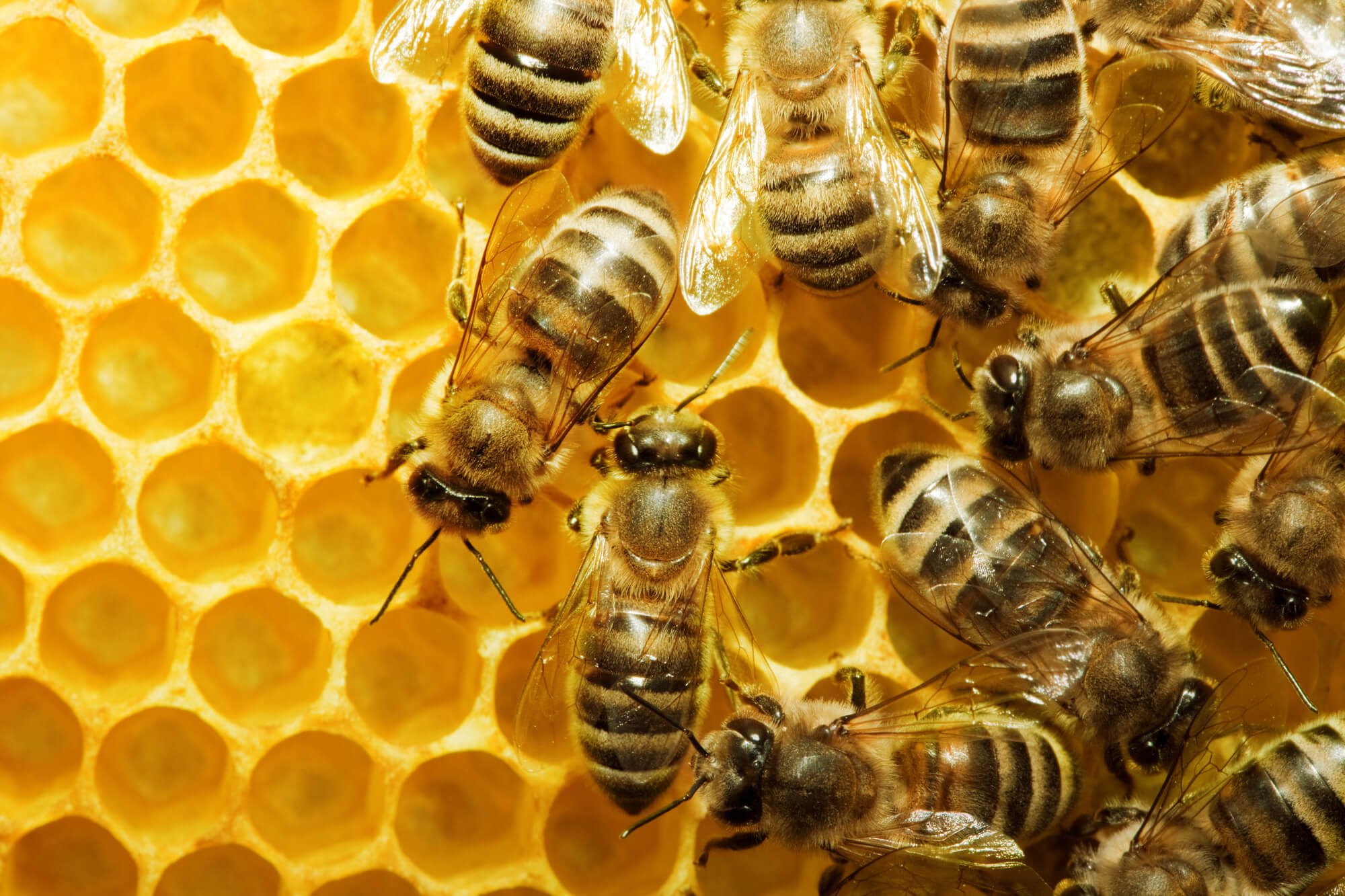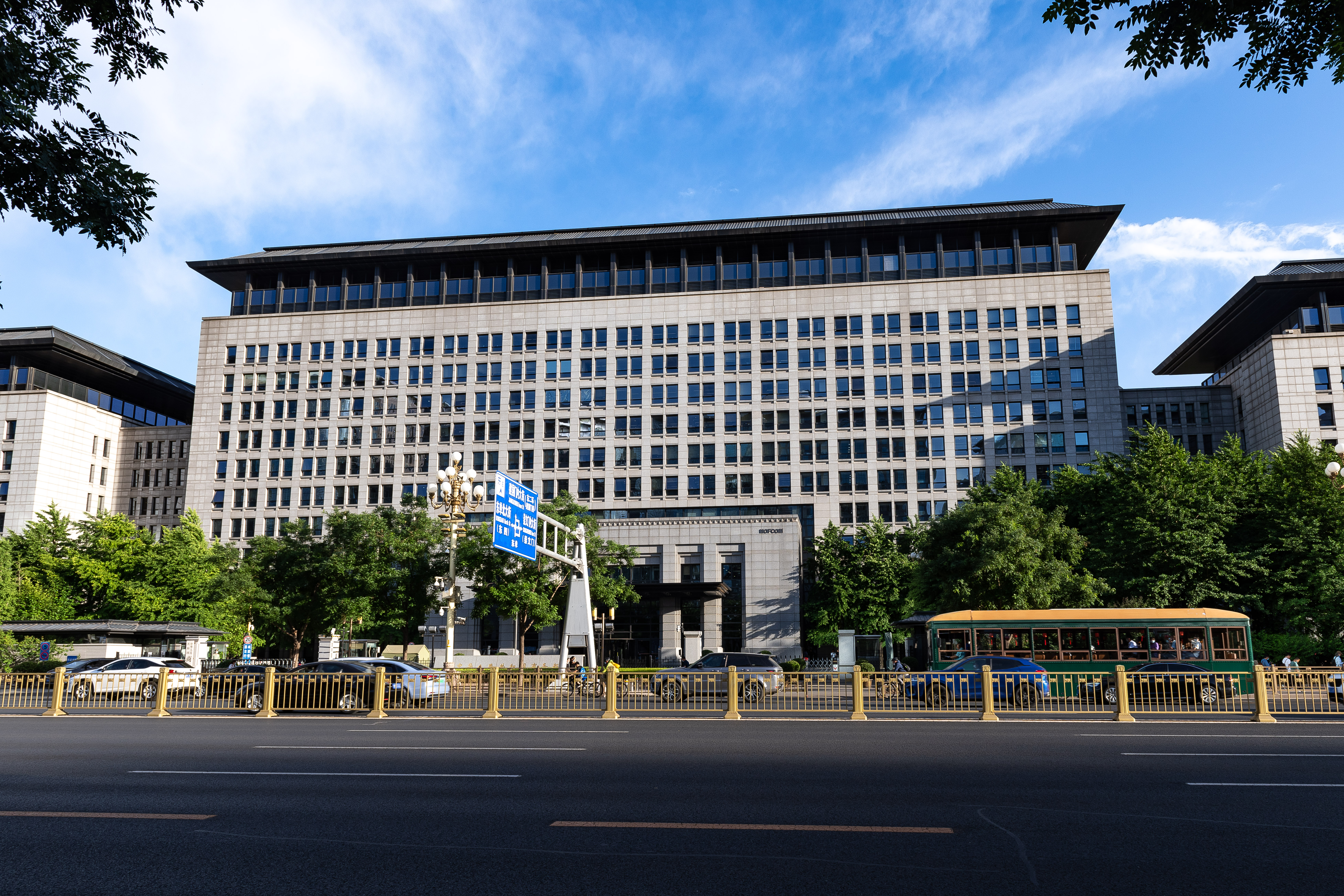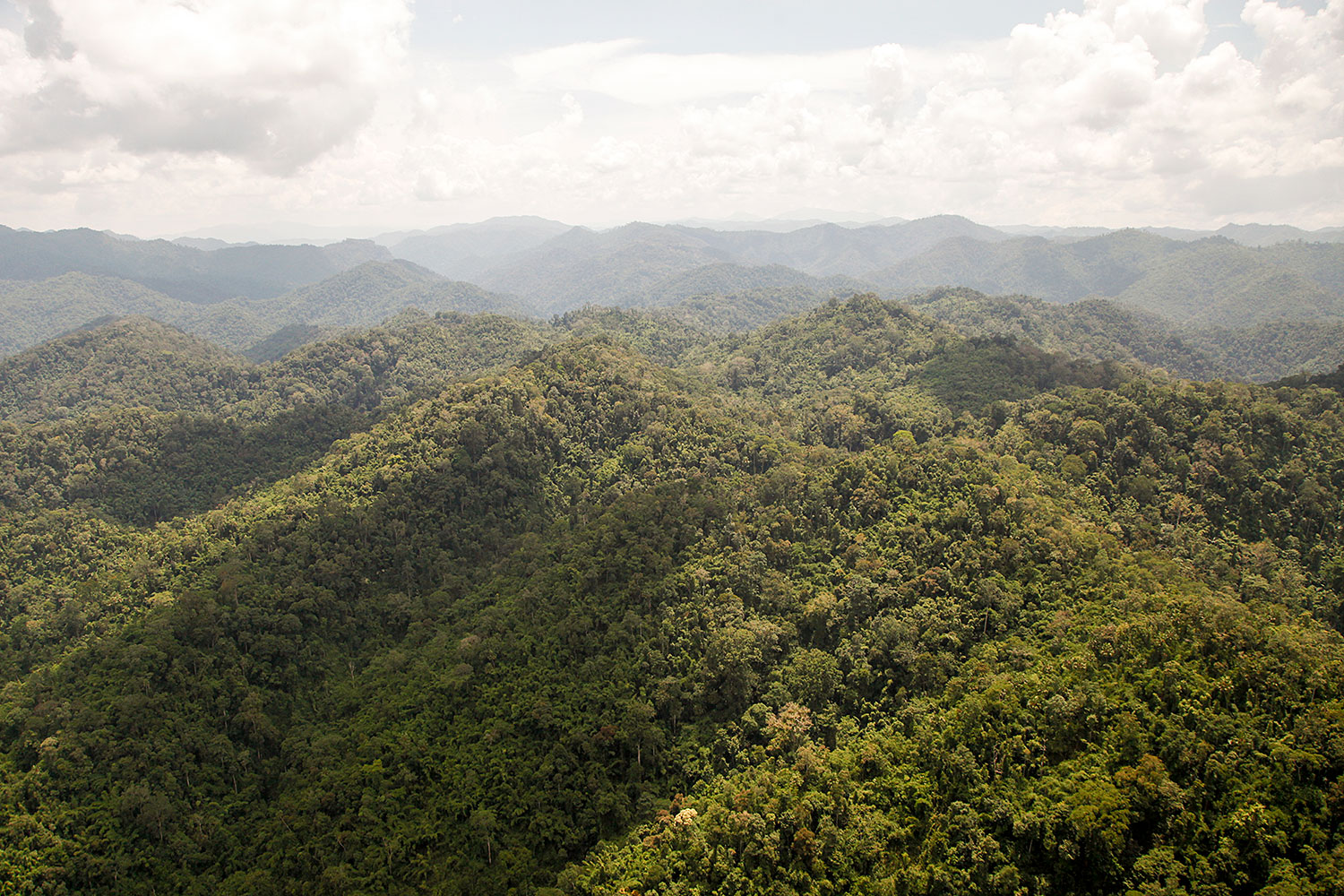- The summit was aimed at raising awareness that factory farming is also a climate culprit.
- They therefore called on the government to commit so as to cap the footprint of factory farming.
Firewood, charcoal, kerosene are not the only major contributors to climate change, World Animal Protection has said.
Speaking during the second Africa Protein Summit on Wednesday, Director of World Animal Protection Africa Tennyson Williams said agricultural emissions should be addressed the same way as fossil fuels.
The summit aimed at raising awareness that factory farming is also a major contributor to climate change.
“Factory farming is associated with increased greenhouse gas emissions through the clearing of forest lands to produce animal feeds. The high nutrient excretion in the manure because of overfeeding of animals favours the emissions,” he said.
Deputy Director for the Directorate of Veterinary Services Jane Njuguna was also present at the summit and said factory-farmed animals are fed high-grain diets that utilise huge amounts of fertiliser.
“Meat production has raised environmental impacts since it’s being practiced in many countries, contributes to soil erosion through overgrazing,” she said.
Njuguna referred to a report released in 2019 which stated that meat demand is concentrated in urban areas mainly Nairobi and Mombasa.
“The carbon footprint of cell-cultured meat is still unclear but early evidence suggests this food source will be less carbon intensive than beef if produced with the use of clean energy,” she said.
They, therefore, called on the government to commit to capping the carbon footprint of factory farming.
“We call on the government to commit via Nationally Determined Contributions or National Adaptation Plans to cap the footprint of factory farming and transition out of land-intensive sectors altogether,” they said.
The summit also called on the public and climate movements to push for a moratorium on factory farming.




